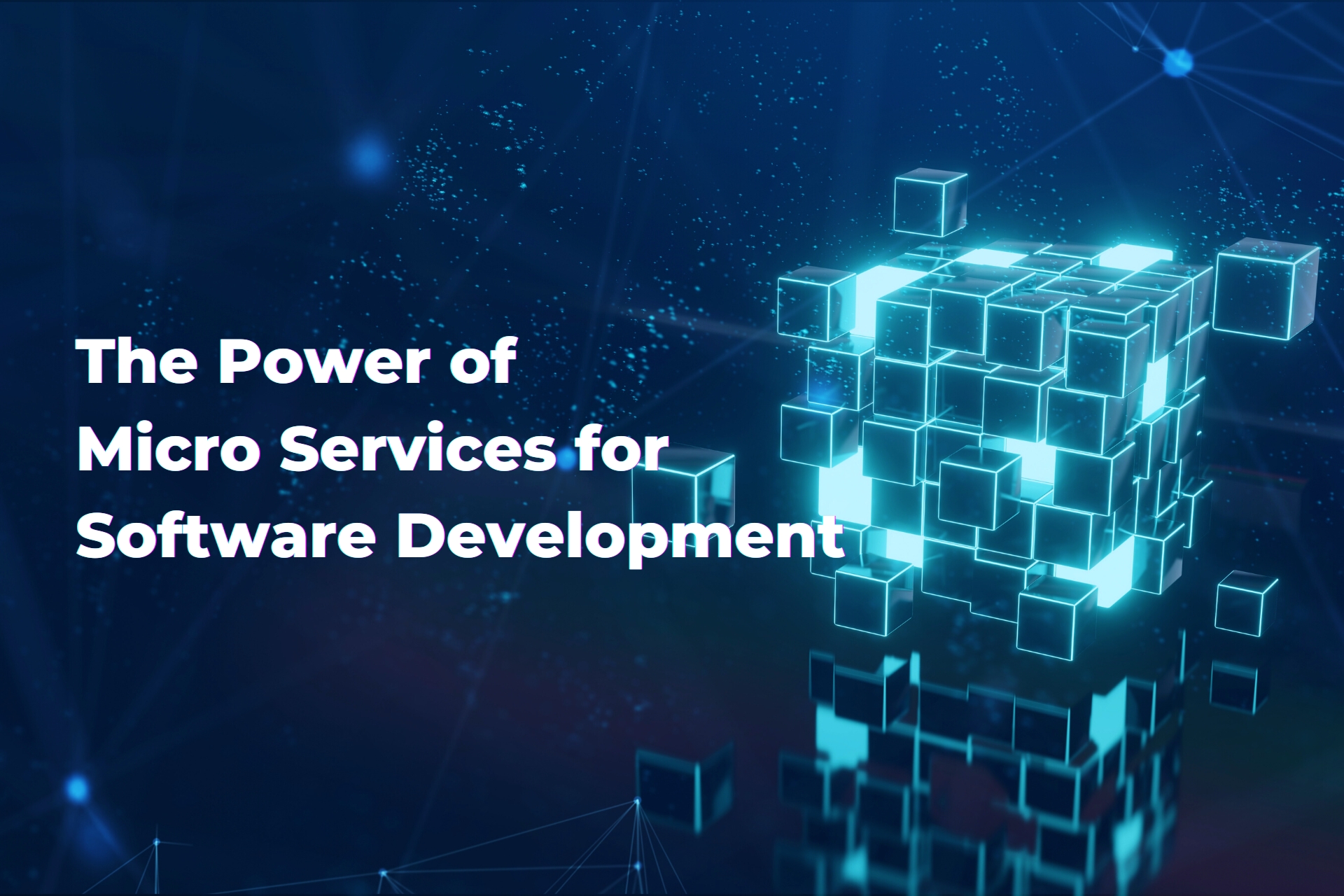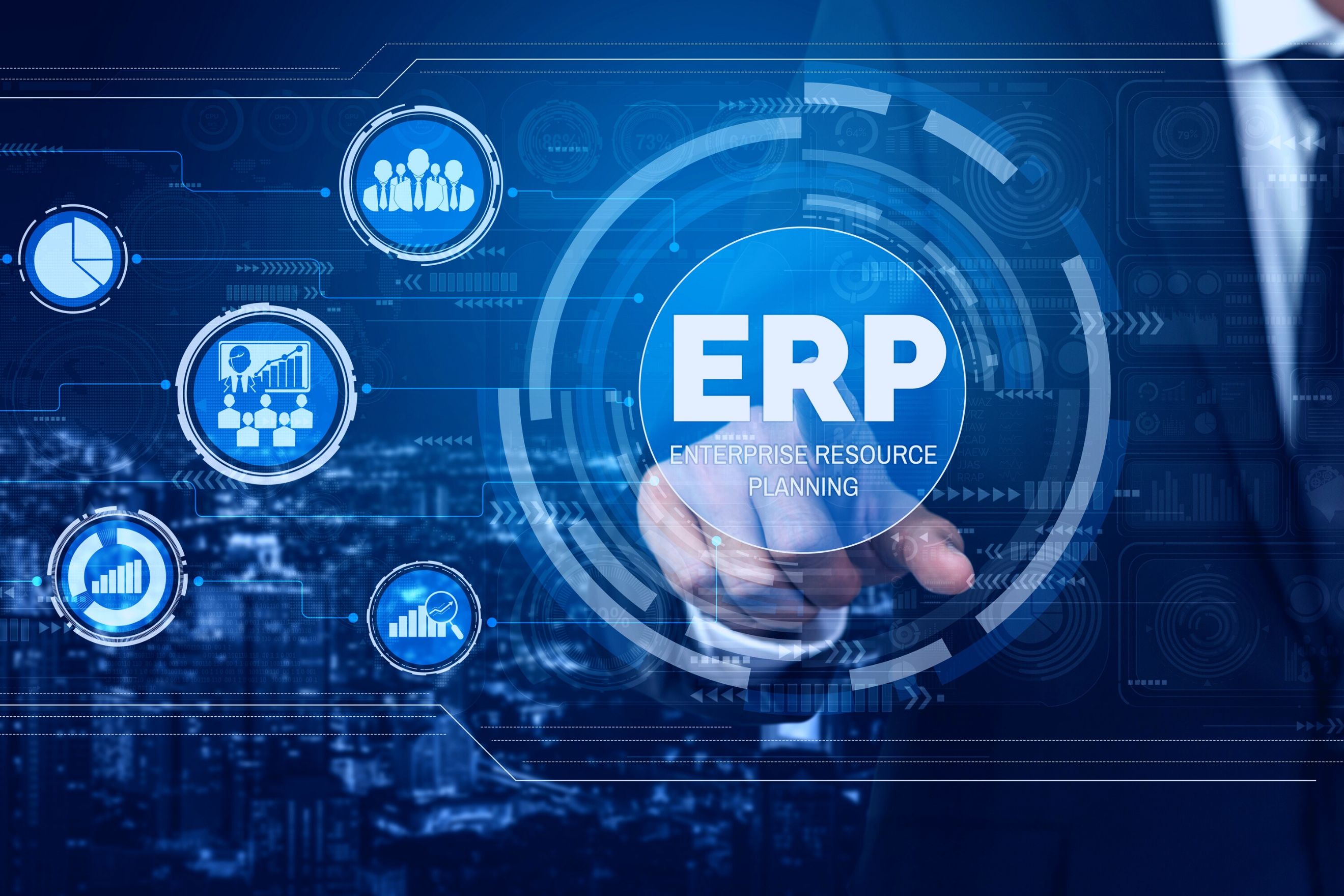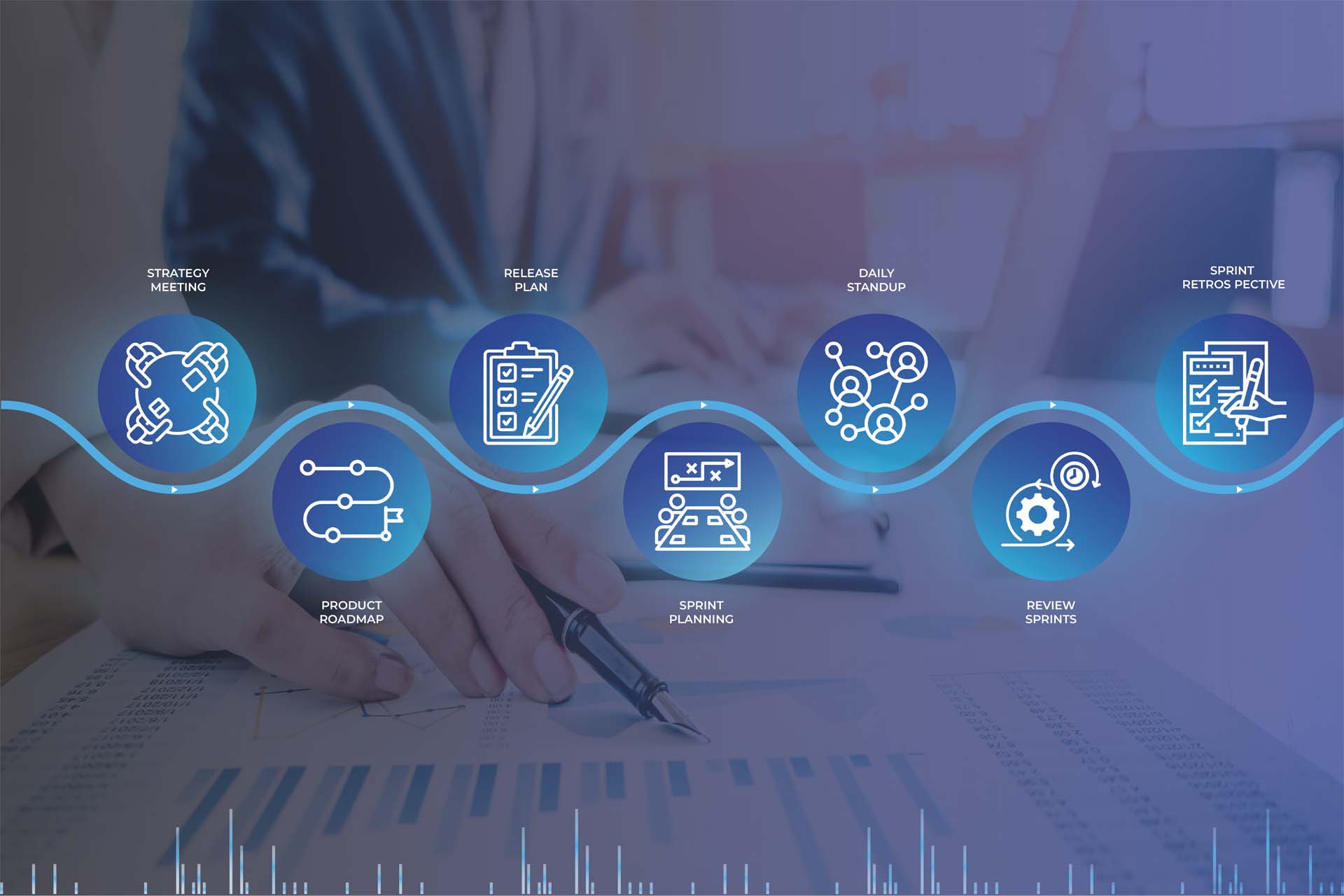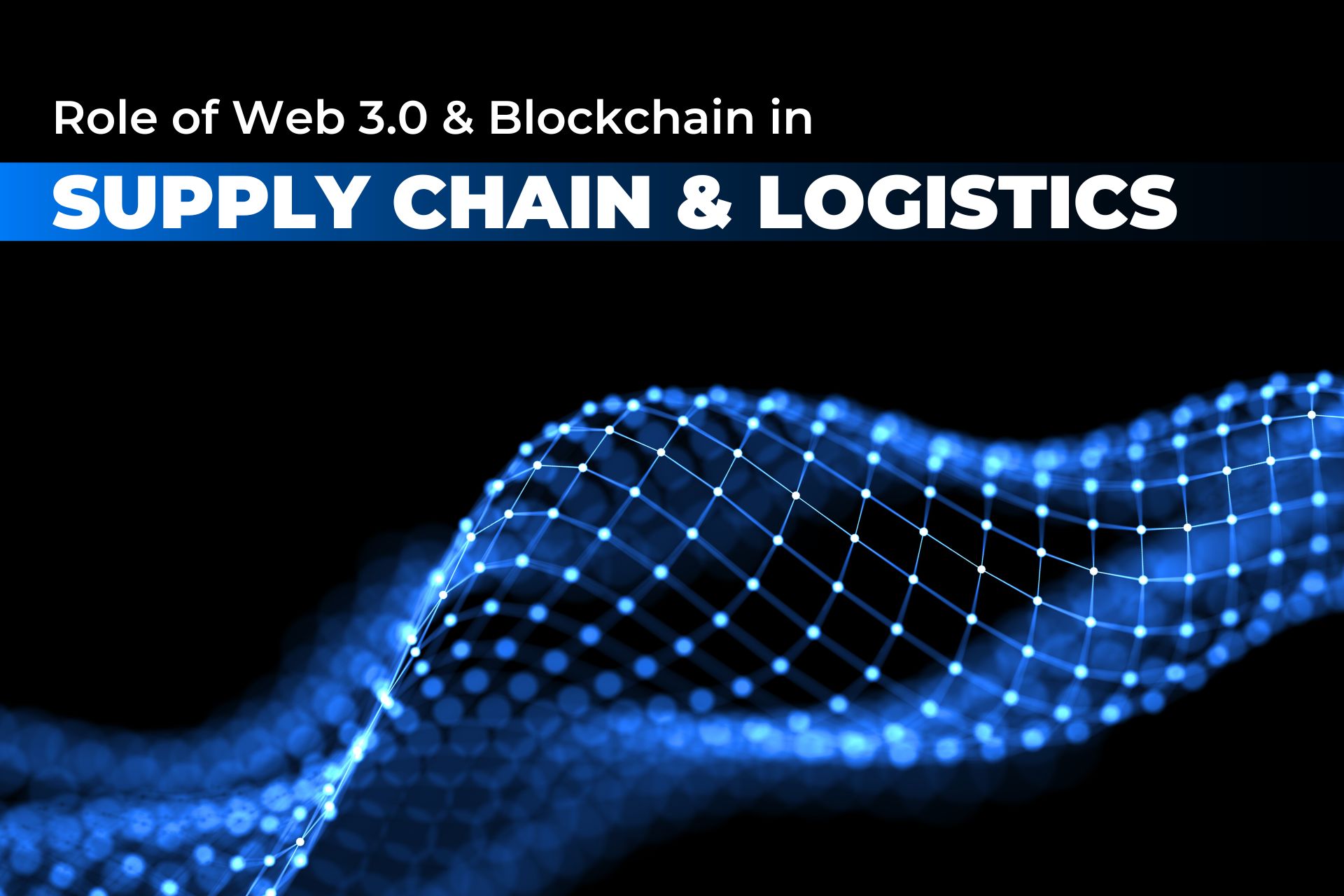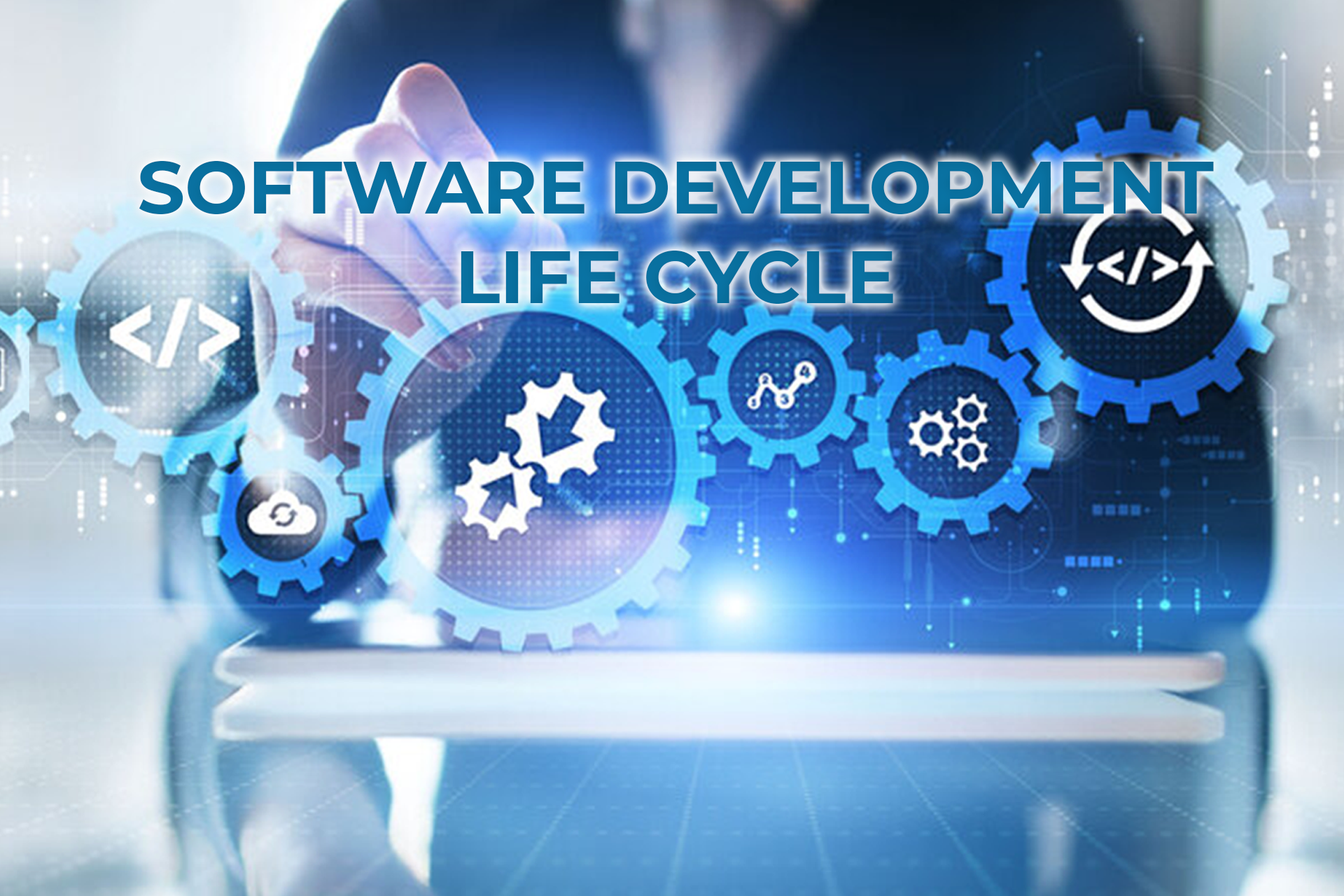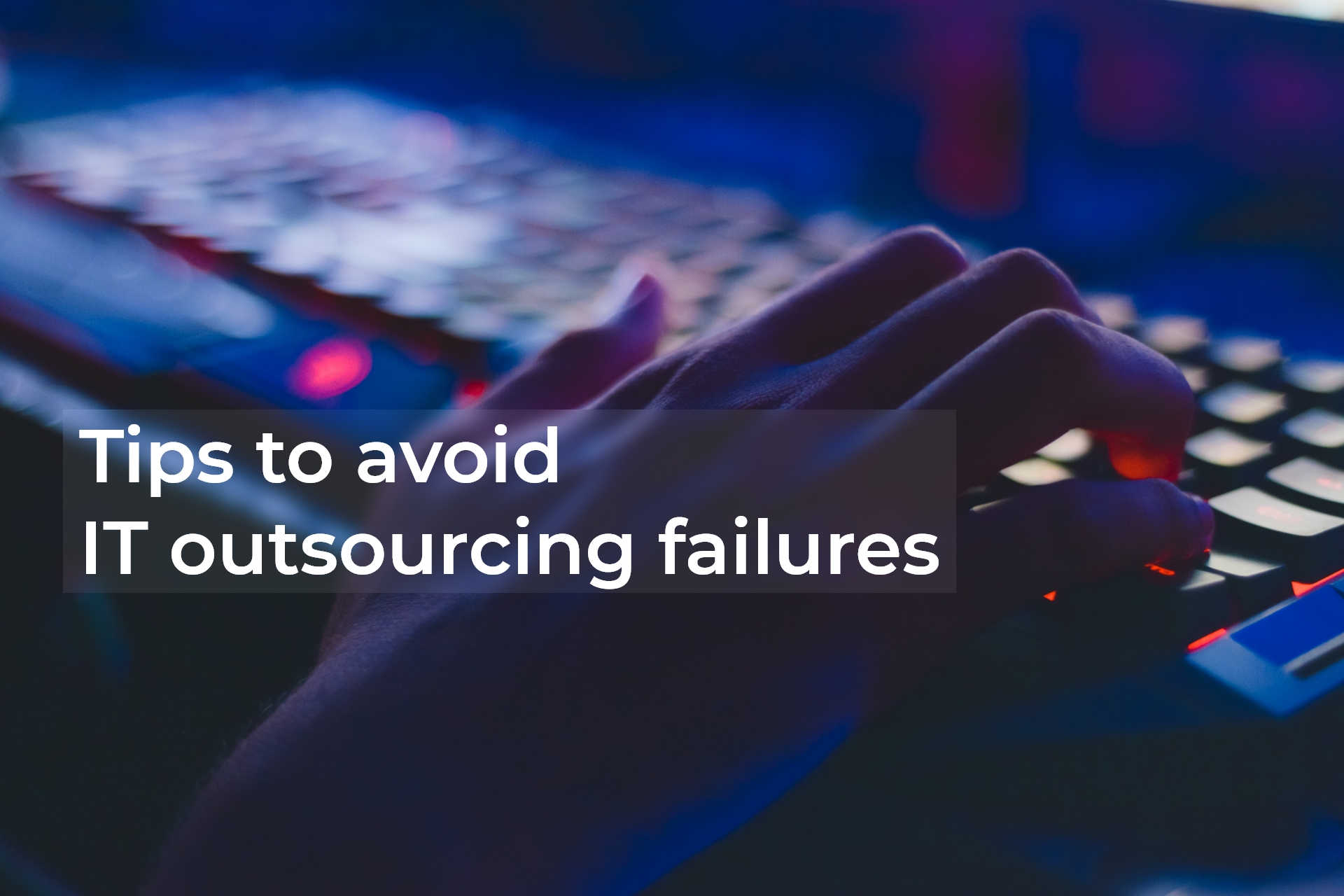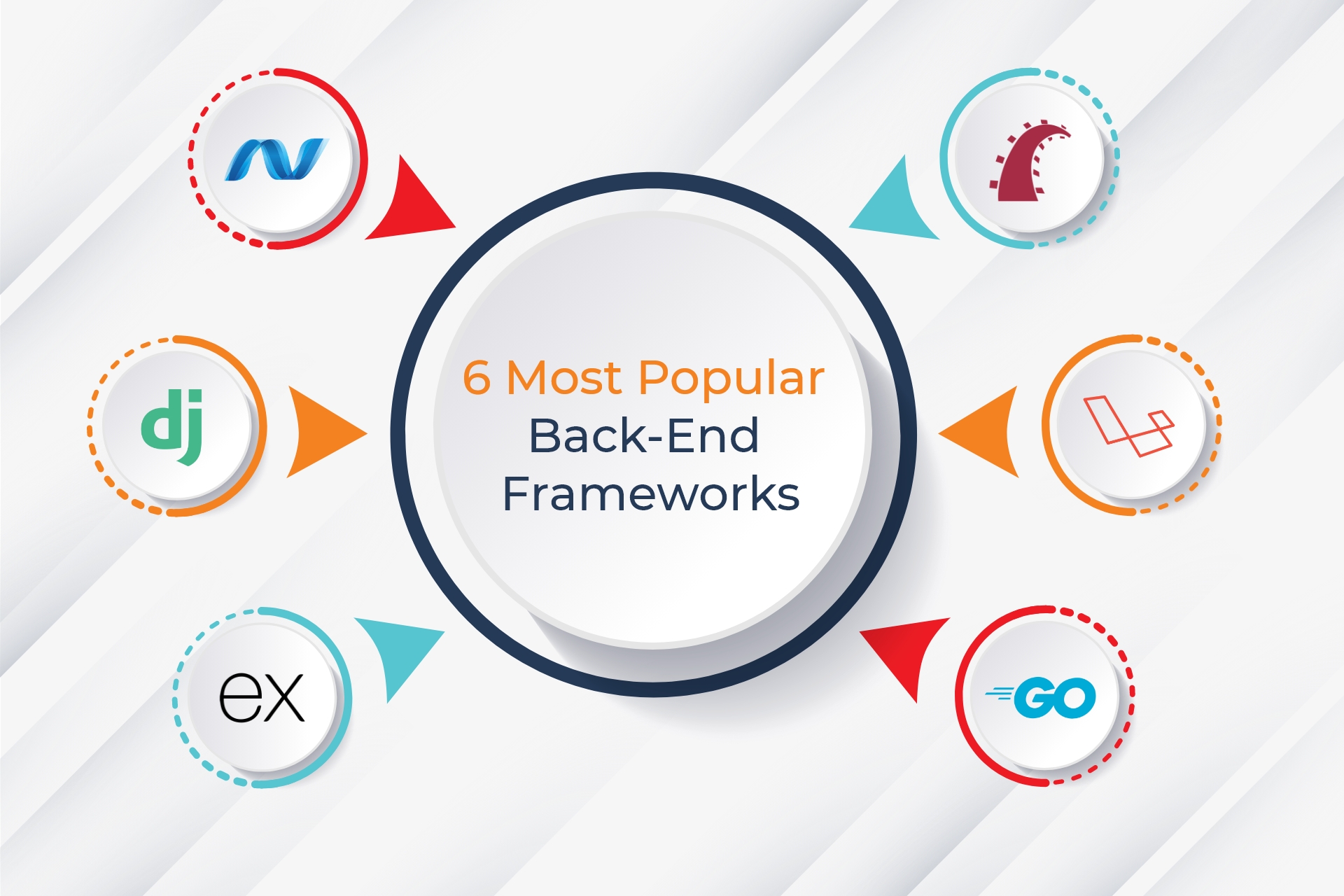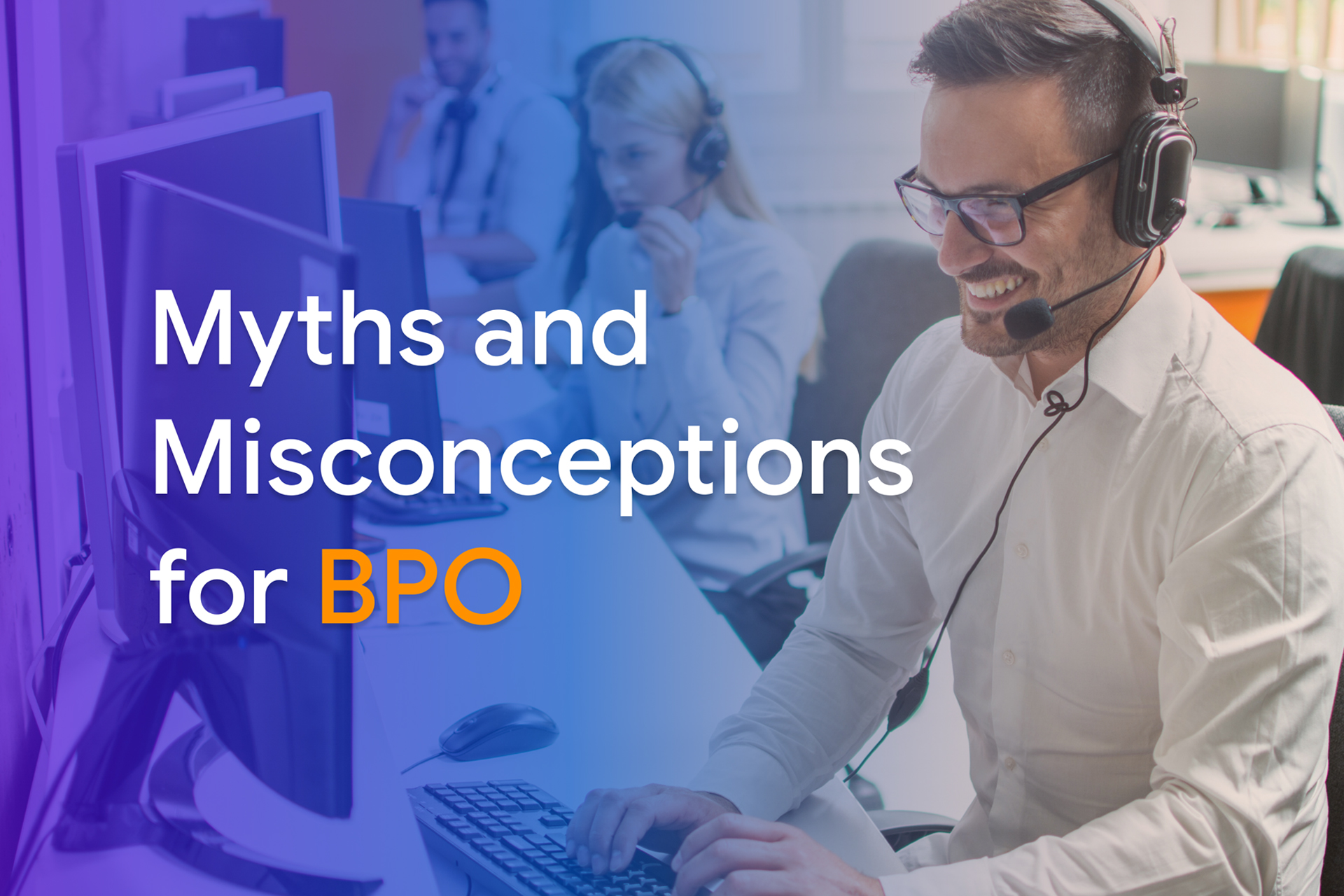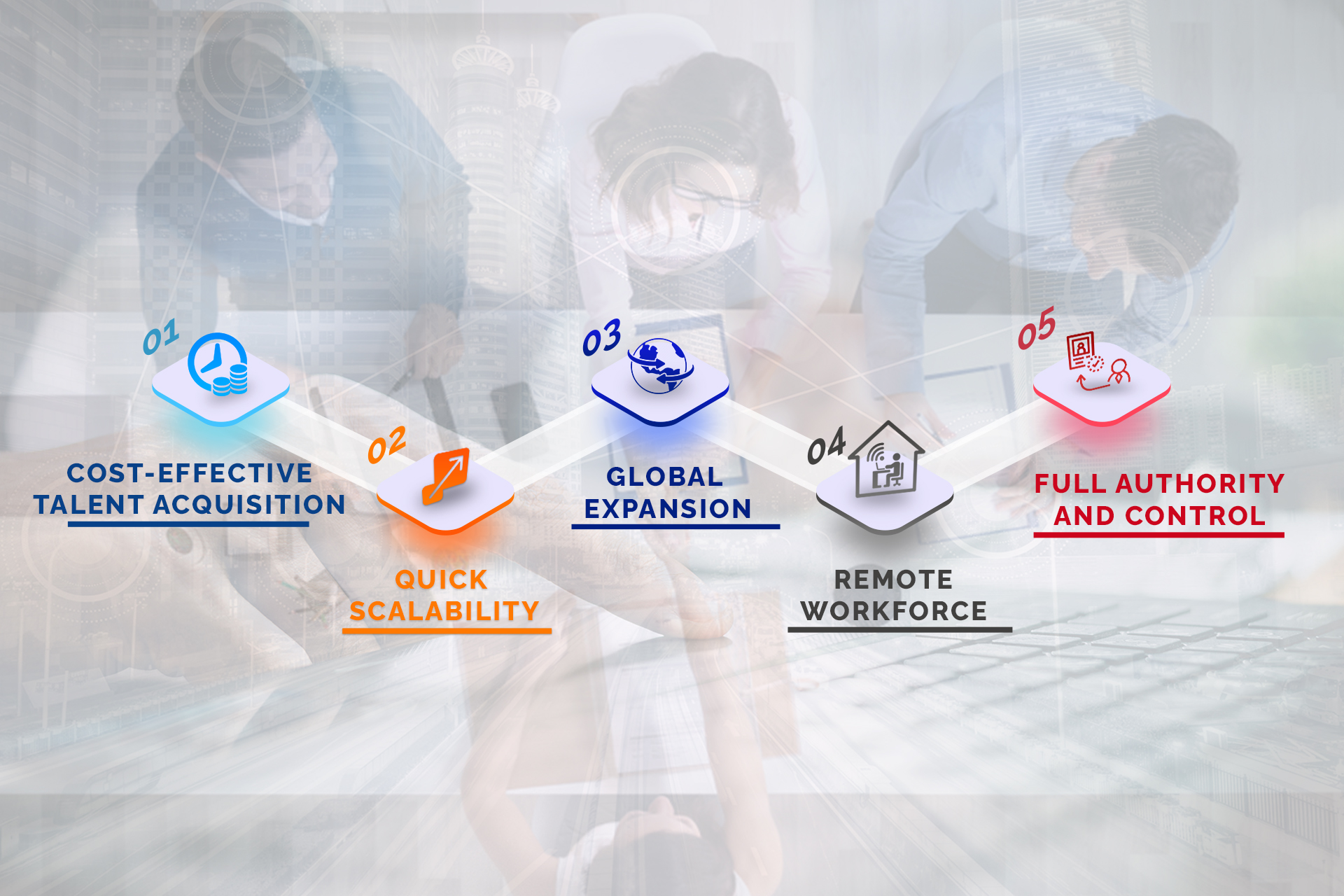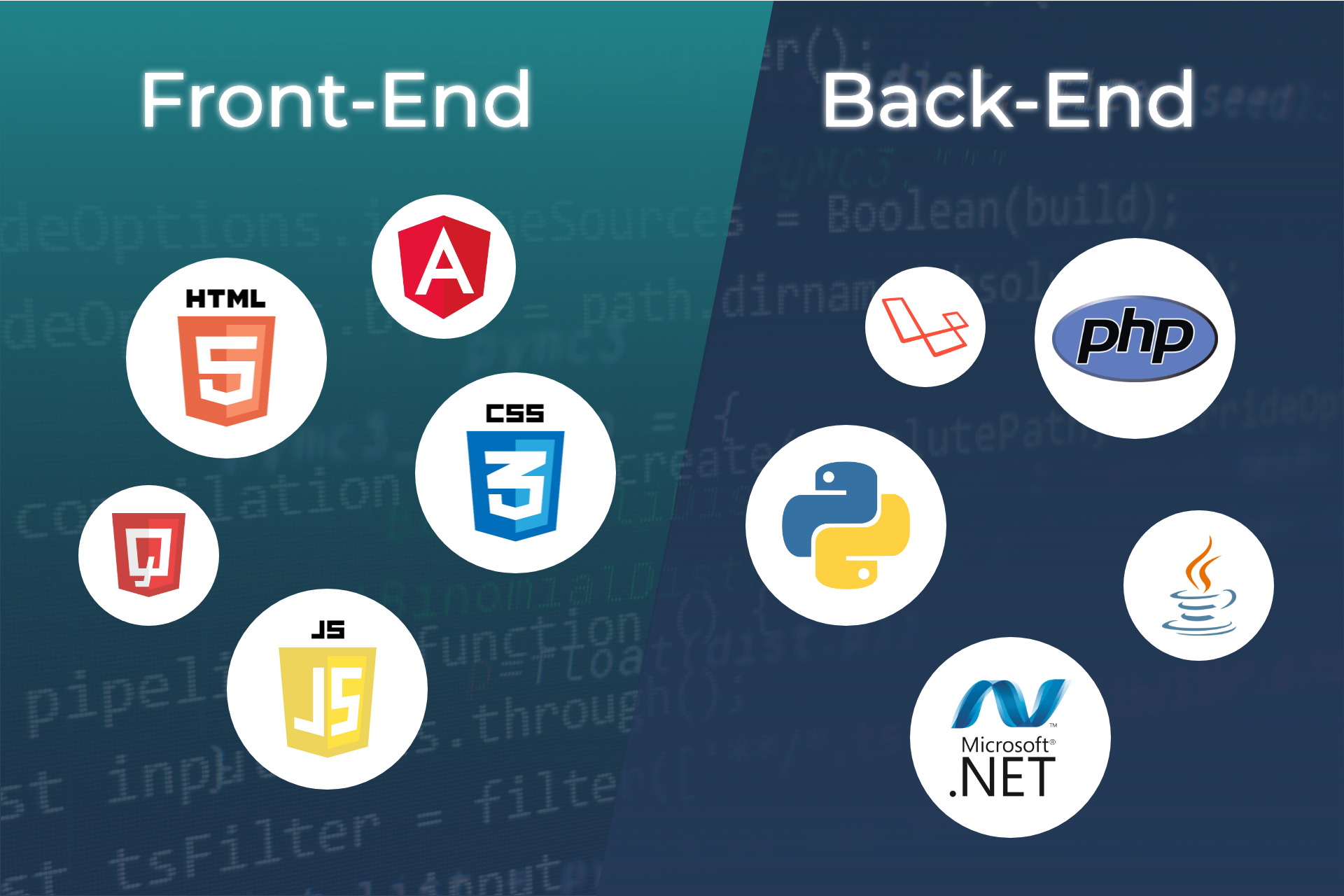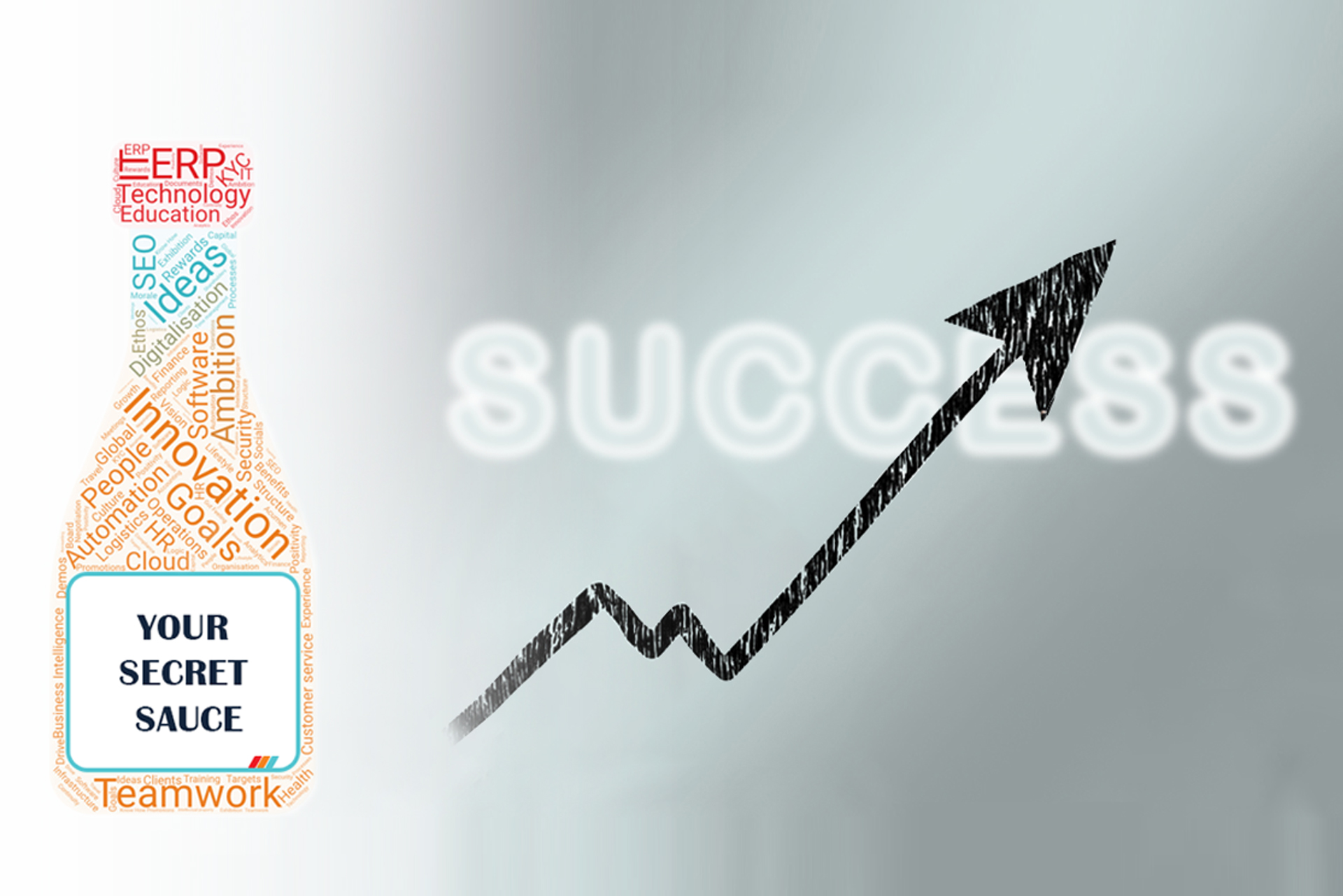Why tech startups need a reliable software solution partners to execute an idea into an MVP!
By Admin
Have an amazing startup idea but skeptical about its viability? Or perplexed about the process of MVP? What is the tradeoff between investing resources in building an MVP or a full-fledged product? The stress of making the right decision can give you sleepless nights, and we understand you!
Let us provide you insights if you are considering the idea of an MVP for your startup.
First things first, what is an MVP? Coined by Frank Robinson, CEO of SyncDev, back in 2001 - “Minimum Viable Product is that unique product that maximises return on risk for both the vendor and the customer”, and it has evolved since then.
However, we can boil it down to understand it in the simplest terms possible; as explained by HBS, MVP is the smallest amount of effort to learn. Learn about the customer’s needs and their feedback on potential solutions offered. This helps companies better understand the target market and develop successful products.
Now, let’s go one layer deeper and break it down the acronym to understand it in greater detail.
M (Minimum) is something that is small, compact and incomplete, not having all the features of the final product. It's just the core, the minimum required component.
V (Viable) means that it usually works and solves a real problem the target audience is facing.
P (Product) is the focus here. That’s your primary idea and agenda.
Now, it's time to understand why startups need an MVP. You might still question how investing in MVP can help you over a longer period. There are four crucial reasons which make MVP a vital investment for startups:
Validation:
An MVP helps validate an idea's feasibility and potential in the market. It helps you understand your target audience better and minimises the risk of investing in a full-scale product that might not find a market fit.
Cost-Efficiency:
Startups can utilise minimum resources to begin with and invest more resources to build on the final product if the MVP is successful.
Iterative Improvement:
To increase the chances of success for the final product, an MVP helps by providing user feedback at an early stage where there is flexibility and room for improvement.
Speed to Market:
MVP allows startups to launch a product quickly, gaining a competitive edge in the market. Whilst we are at this, apart from the benefits, let’s also look at the perils of not investing in an MVP.
Risk of Failure:
Startups that bypass MVP often invest heavily in an unproven concept. Without validation, the chances of failure skyrocket.
Resource Drain:
Developing a full-scale product without an MVP can consume substantial time and resources, leaving little room for course correction.
Market Misalignment:
Without feedback from real users, the product may not meet market expectations, resulting in poor adoption.
Although this would have clarified and answered some critical questions, the process is a major concern for startups considering investing in MVP. Questions about the process, resources required, critical elements, etc., can be challenging.
To give you a head start, let us give you a simple framework for the process of MVP that you can explore to begin with.
A very simple mantra HBS suggests is, “When you think about building an MVP, you need to start by first thinking about what you need to learn.” And the way to learn is through experimentation and iteration.
A very scientific, systematic framework suggested by HBS to build better products is as follows:
-
The first step is to understand and define your goal. For a startup, this is often acquiring new customers.
-
What are the target customers currently doing to solve their problems? Compared to the goal you want to achieve, what is the gap between the current stage of your product and the end goal?
-
Break down the big goal into smaller goals and define the first smallest goal you want to achieve. Based on that, define the first thing that needs to be learned.
-
Learning happens through constant experimentation. It cannot be accomplished with only one or two experiments. There can be different methods or approaches in the way you experiment. However, iterative experimentation is essential to develop a successful MVP and the final product.
Did you know that according to reports by CB Insights, 42% of startups fail because they do not pay attention to the market needs. They create low-demand products and expect prominent results.
Ours is a fast-moving world; a startup can’t afford to invest 2 years in building a product and find that the product market fit does not align ideally now; so many things have changed. The results are usually expected in a short period of time, and only MVP can help with that.
Having said that, building an MVP is not an easy task. What makes it a smooth sail, though, is the company you choose to build it with. Yes, you got that right: Your Software solutions partner! Having a Software solution partner who is not only an expert in their field but also people whom you can trust makes a world of difference!
Why Do Startups Need A Reliable Software Solutions Partner?
A reliable software solution partner can bring the following benefits to the table:
Mitigating Risks:
Software solution partners bring a wealth of experiences to the table. They understand the challenges of the startup world and help mitigate risks by guiding the development process.
Enhance Scalability of Teams:
Startups often face fluctuating needs for development talent. Software solution partners can quickly scale development teams up or down, ensuring efficient resource allocation.
Expertise and Knowledge:
Partnering with experienced professionals grant startups access to a wealth of knowledge and best practices. This knowledge accelerates development and enhances the product's quality.
Professional Approach:
Software solution partners follow a structured and professional approach to development. This includes rigorous testing, quality assurance, and adherence to industry standards, which are often overlooked by novice teams.
Half your work in the MVP process is done when you partner up with a reliable software development company like MSBC Group. Driven by strong values of Integrity, Accountability, Innovation, Collaboration and Community, we have been serving our clients for more than 20 years, building competitive technology that brings out the best of people, processes, and technology.
Want to learn how we can help you in your journey of building your MVP and developing a successful product through the journey? Get in touch with us here.
Insights into
our World
A view of the ever-evolving digital world through our screens


